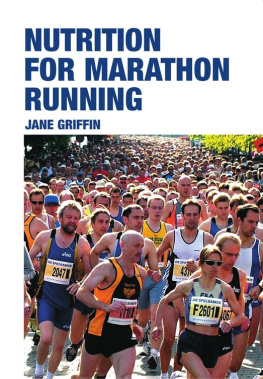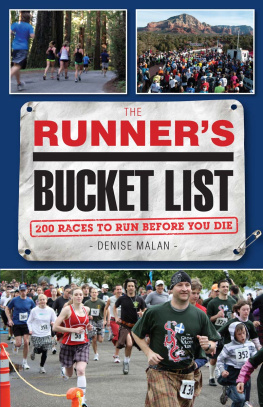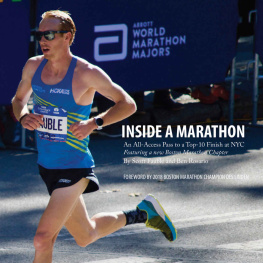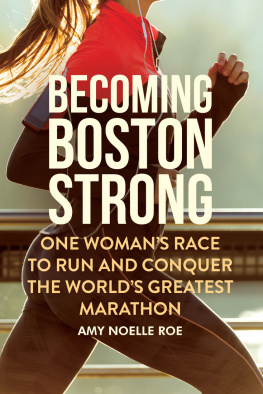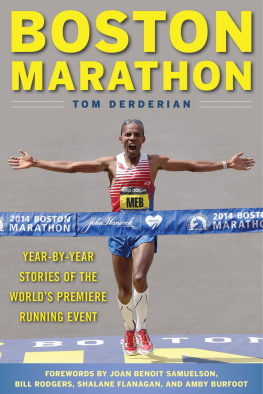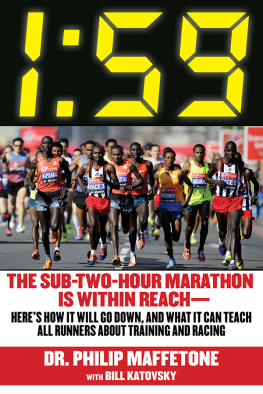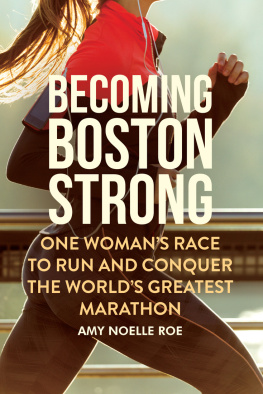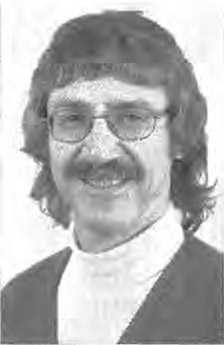* * *
Photo: John Clarke Russ
Born in Brookline, Mass., Ed Rice grew up in Bangor, Maine and graduated from Bangor High School in 1966. He holds a B.A. from Northeastern University and an M.Ed. from the University of Southern Maine.
Formerly a reporter for several daily newspapers, Rice has served as the editor of the Weekly Journal in Brewer, Maine and the Winchester Town Crier in Winchester, Mass. He has been a theater critic and arts commentator for the Portland Press Herald, Maine Sunday Telegram, Maine Times and Maine Public Broadcasting Systems Maine Things Considered on radio.
A community college English and communications teacher in the Bangor, Maine area, Rice has taught journalism and communication studies at the University of Maine at Orono and Doane College in Crete, Nebraska. He has also taught high school English and coached cross country.
In February of 2000 he wrote the biographical profile of Louis Sockalexis which annually appears in the Cleveland Indians Media Guide and on the teams web site pages. Rice also spearheaded the nomination drive that led to the induction of both Louis and Andrew Sockalexis into the national American Indian Athletic Hall of Fame in Lawrence, Kansas in April of 2000. His nomination, as well, led to the induction of Andrew Sockalexis, second cousin of Louis, into the Maine Running Hall of Fame in 1990.
An avid long distance runner who has run and completed 27 marathons (including 8 Boston Marathons), Rice created Bangors popular Terry Fox 5-K Run in 1982 and continued to direct the charity event for over 20 years, a tribute run which has now raised over $100,000 for regional cancer research, including breast cancer research at Eastern Maine Medical Center in Bangor. In 1997 he ran across the State of Massachusetts (162 miles in 7 days) in support of a friend, the late Ginny DelVecchio who was dying of ALS, or Lou Gehrigs disease, and a research fund he co-created at Mass General Hospital to find a cure for this insidious disease.
Rice published his first book, Baseballs First Indian, Louis Sockalexis: Penobscot Legend, Cleveland Indian, in 2003, with Tide-mark Press of Windsor, Connecticut.
In December of 2005, The Angel Fund published a book edited by Rice entitled If They Could Only Hear Me, a collection of 30 personal essays (including one by Rice) that describe the many ways people have taken up the fight against ALS. All proceeds from the sale of the book benefit The Angel Fund and its support of the ALS research wing at Massachusetts General Hospital in Boston. Co-founded by Rice, The Angel Fund raises money for research to find a cure for ALS.
A resident of Orono, Maine, Rice also lives in St. Andrews by the Sea, New Brunswick, with musician Susan Gibson and an always regal-in-appearance cat named Pre. Rice has a web site at www.sockalexis.info.
* * *
While I was researching the manuscript that became my biography of Andrews cousin, baseball player Louis Sockalexis, a number of my friends teased me for not researching the Sockalexis who was a runner. A dedicated runner myself, I knew about Andrew and began allotting him research time once I entered into the writing phase of what became my first book, Baseballs First Indian, Louis Sockalexis: Penobscot Legend, Cleveland Indian (Tidemark Press: Windsor, Connecticut, July 2003).
Today, I owe a number of my friends in the Maine running community a debt of gratitude for all their enthusiastic encouragement in support of my working on and completing this publishing marathon. In particular, they include: Dr. Peter Millard and Emily Wesson, David and Katherine Wilson, Newell Lewey, Judson Esty-Kendall, Robin Emery, Steve and Anne Norton, Joan Merriam, Danny Paul, Kim Moody, Marc Violette, Maria Girouard, Abra Iwanko and Peter Lodge, Anna Perna and Earl Black, Laura Zegel, Louisa Dunlap, Denny Morrill, Loren Ritchie, Larry Allen, Carol Weeks, OJ Logue, Scott Dorrity (AKA Spud Landers), and the late Fred Merriam ... to name just a few.
Ive been fortunate enough to make the acquaintance and, in a couple of instances, become friends with some of the best American runners of my generation, and I want to acknowledge the lifetime of inspiration I have taken from the stories of Roberta Bobbi Gibb, Billy Mills, Joan Benoit Samuelson, Bruce Bickford, Ralph Thomas, and Bill Rodgers.
Principal thanks, for the actual creation of this book, goes to long-time friend Richard B. Dixie Tourangeau of Boston for his invaluable help in researching several events and dates I requested of him, using the resources he found at the Boston Public Library and the Lamont Library at Harvard.
I received important computer assistance from long-time friend Dr. Peter Millard and also Michael Rice (no relation) and Patricia Barry of the IT Department at the University of Maine at Orono.
Im particularly indebted to the support and encouragement I received from the following Penobscot Nation representatives: the late S. Glenn Starbird, Jr., Penobscot historian; Angelo Quito and the late Ann Padovano, direct bloodline descendents of Andrew Sockalexis, plus Anns husband Steve; Penobscot State of Maine House of Representatives Rep Donna Loring; Penobscot Tribal Elder Butch Phillips; former Penobscot Tribal Governor Barry Dana; James Neptune, Penobscot Nation Museum director; Carol Binette, Penobscot Nation census office; the late Edna Becker and the late Louis Edward Sockalexis, direct bloodline descendents of Andrew Sockalexis.
Thanks, as well, to the helpful staff at the University of Maines Fogler Library and to Charlie Campo, Bangor Daily News librarian.
Thanks, too, to Stella Ekholm for her help in locating some additional information for the book, late in the researching game.
A very special Thank You (to include hugs and kisses!) goes to my significant other, Susan Gibson, who matched me step-for-step in proofreading the entire manuscript for final publication, catching some nasty errors and making some invaluable editing notes.
Also, heartfelt thanks go to Mike Swenson, an outstanding high school runner, who helped immeasurably in the editing of the final manuscript. The author, of course, takes responsibility for any and all errors that remain.
On a personal note, Im grateful for the loving support of: my daughter, Meisha; my dad, Al Rice of Scottsdale, Arizona and his second wife, Phyllis Doner-Rice; my brother, supportive high school pal Mike Swenson of Orono; my former father-in-law, Arnold Leavitt of Auburn; my brilliant godson, Joseph Faucher; and ... especially, the woman who brings the sweetest music to my life, Susan Gibson.
In memoriam: Mom, Ruthe Rice, and Little Brother, Gary Rice, plus inspirational friend, Fred Merriam, and inspirational heroes, Ginny DelVecchio and Terry Fox.
* * *
Is it possible that the man who is regarded as the most revered and, arguably, the most knowledgeable journalist ever to write on the Boston Marathon is responsible for the most damning and unfair criticism of Andrew Sockalexis that exists to this day?
The man is the late Jerry Nason, for years the sports editor for the Boston Globe. It is the stuff of legends that Nason was born on April 14, 1909 in a Newton hospital right on the Boston Marathon course and that, five days later, on Patriots Day his mom held him up to her hospital room window so he could see the runners pass by. He covered his first Boston Marathon for the Globe in 1933 and then, from 1942 until 1977, Nason wrote the lead story for his newspaper in a stellar career that nearly spanned half a century. Noted Detroit sportswriter Joe Falls dubbed Nason the Boswell of Boston in his 1977 book
Next page

